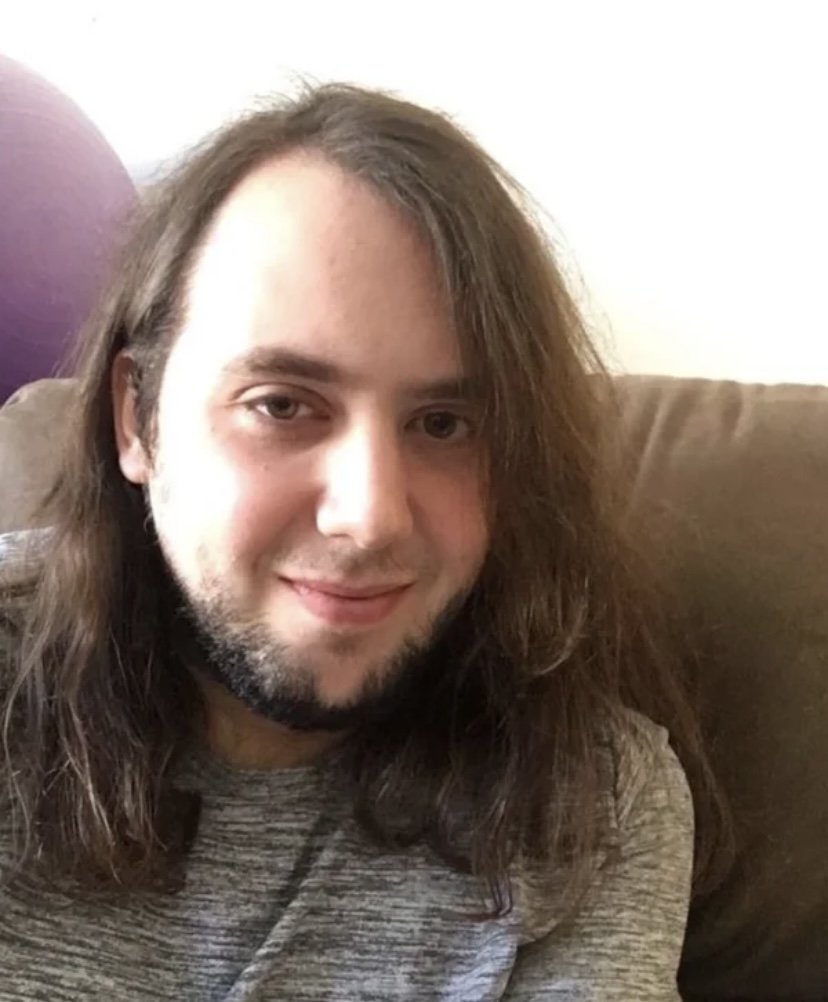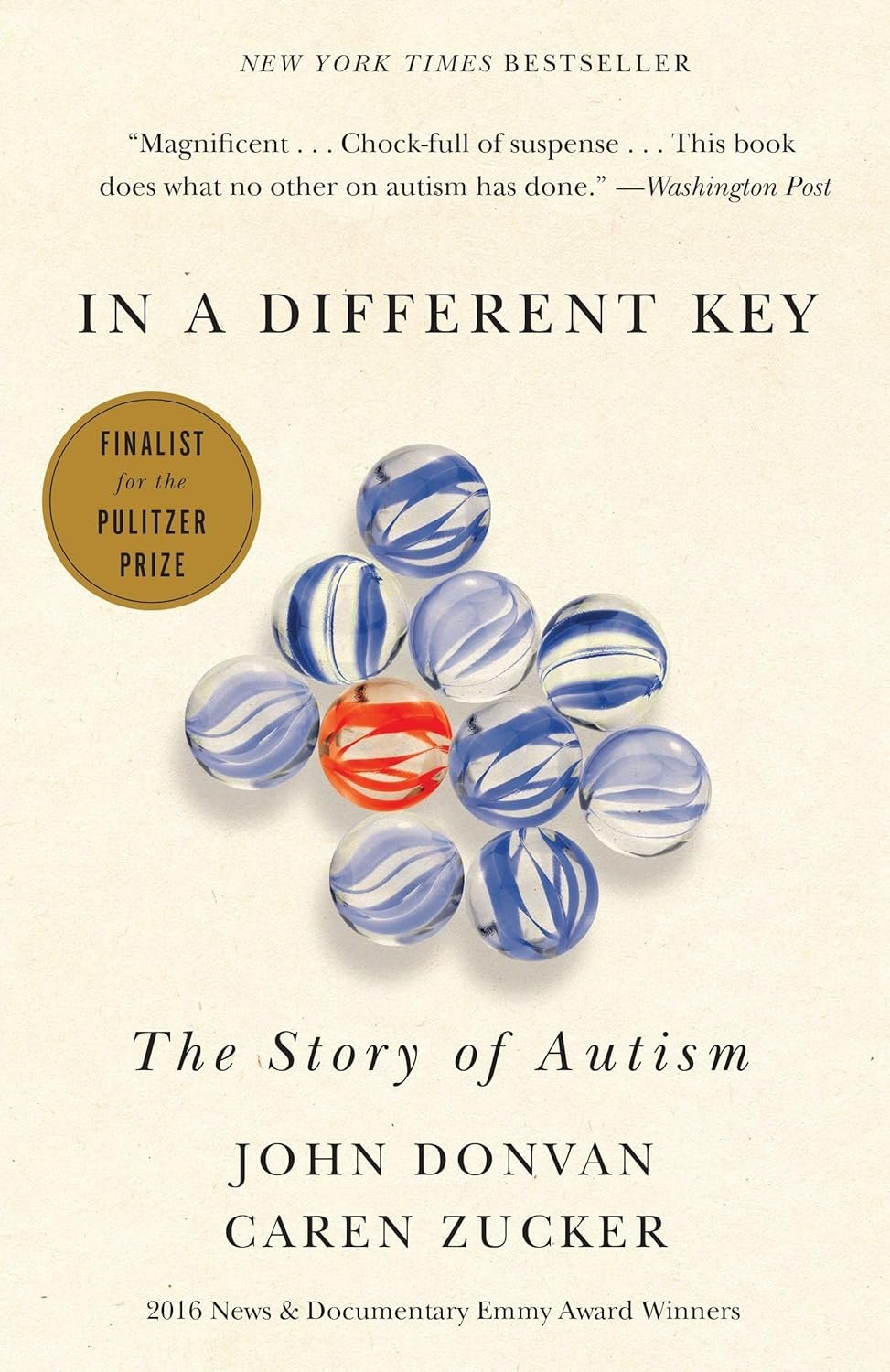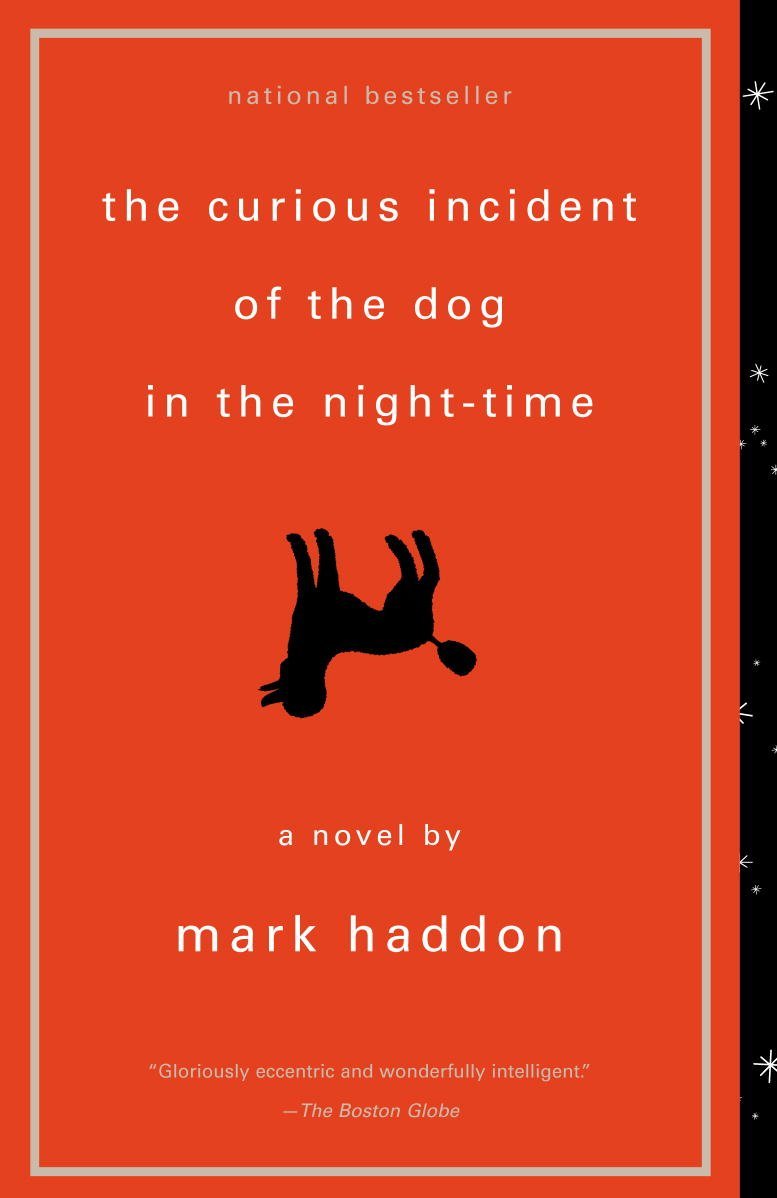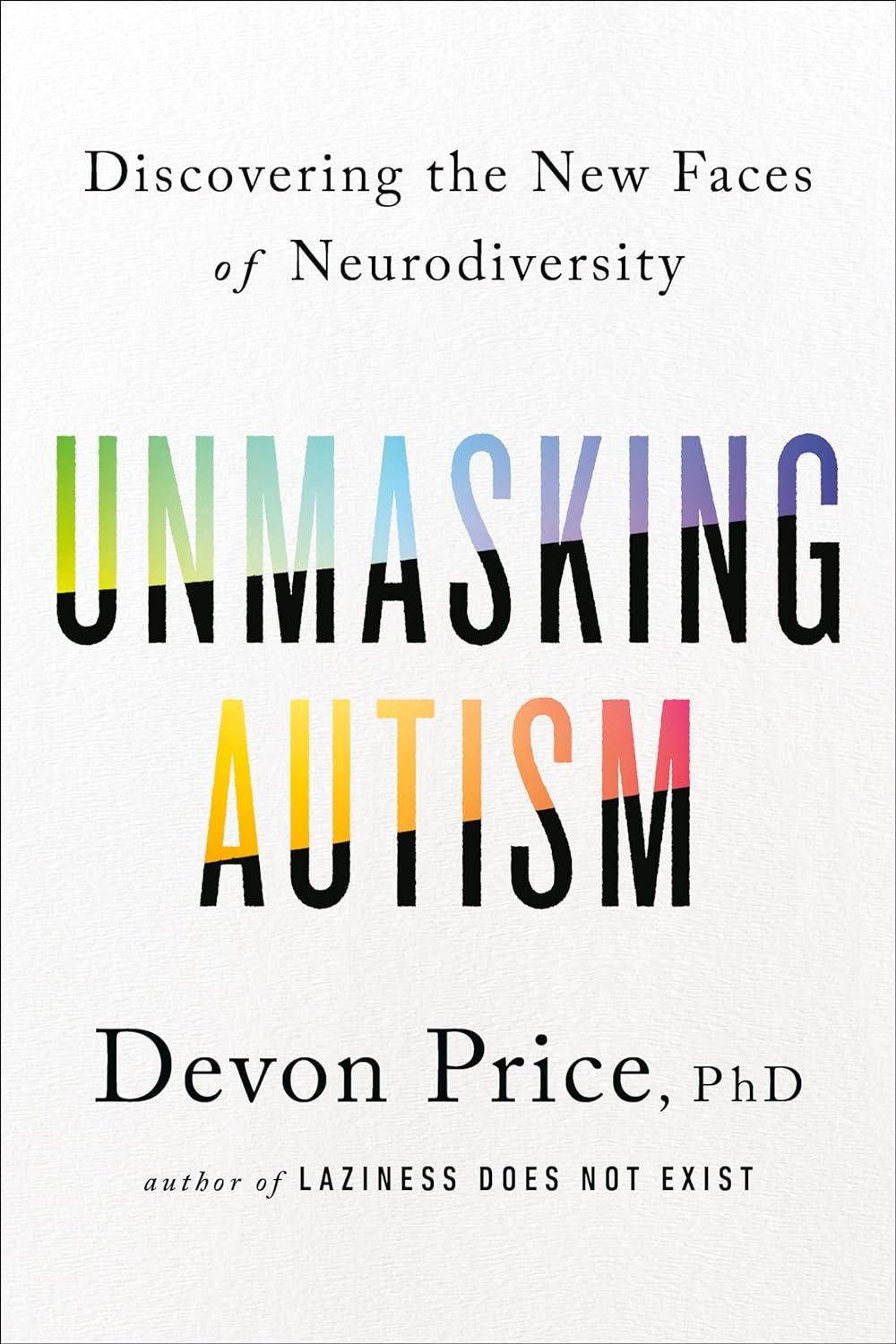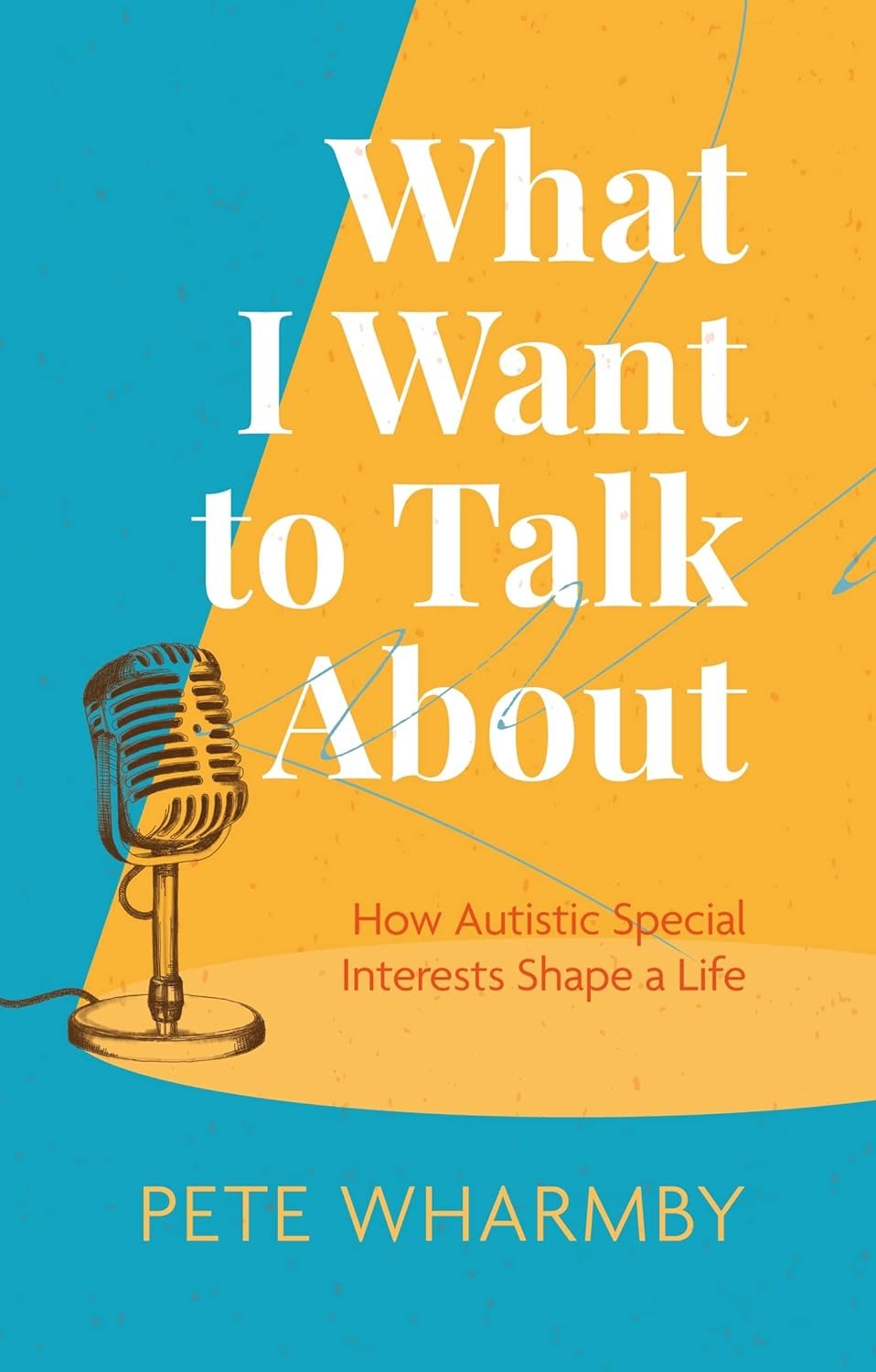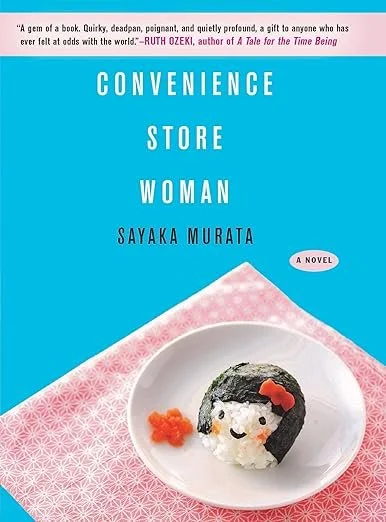Convenience Store Woman by Sayaka Murata
First, a confession. The word "autism" does not appear in this book, and I don't know if Murata had autism in mind when she was writing it. Nonetheless, I found the portrayal of the main character, Keiko, such a subtly powerful portrait of a neurodivergent woman trying to navigate the adult world that I felt compelled to discuss it here.
The story is a simple one - Keiko is a woman in her 30s who's worked the same convenience store job since she was a teenager. She has interest in neither changing her career, nor getting married or starting a family - she's satisfied doing what she's doing, regardless of how unconventional it may be for a woman of her age.
Several flashbacks to her childhood codes Keiko in a way that, to me, is unmistakably autistic. She takes things excessively literally, she doesn't understand social cues, and she needs to rely on the goodwill of her family at times. Her decision to remain at the convenience store job is because there - and only there - she feels as if she has a definite purpose. Following the rigid rules of the store's corporate handbook is a lot more sensible than trying to follow the rules of society at large, which are so often unwritten, contradictory, and borderline nonsensical.
The novel is not heavy on plot - most of its short length consists of interactions between Keiko and her acquaintances both inside and outside the store. Again and again, the message hammered home is that the other characters cannot understand why Keiko lives as she does, despite the fact that, at least to me, her life isn't at all scandalous. But Japanese social expectations are extremely rigid, and while much fo the novel does concern itself with the maddening world of Japanese marriage and relationship politics, it isn't hard to translate that into an American context.
The one character I actively loathed was Shiraha, although as the book went on, I got the feeling that I was actually supposed to loathe him. In some ways, he's Keiko's mirror, in that he also has trouble conforming to social expectations. However, he's also insanely toxic, spending much of his time condemning society for his personal woes while doing literally nothing to endear himself to those around him or change his circumstances for the better. In time, he actually convinces Keiko to let him move in with her, as he sees their cohabitation as a mutually beneficial lie to get the rest of society to leave them alone. He even convinces her to quit her job and interview for another job, as part of that plan.
Thankfully, Keiko eventually realizes she's much happier outside his chirade, and abandons him for her old life as a convenience store worker. We aren't told what happens to Shiraha after that, though one can guess he's probably going to continue along that toxic, self-destructive path he's always followed, and you know what, good riddance on him. I was so proud of Keiko for choosing to return to her old life - her happiness is ultimately what's most important here, and I was happy that she understood her unconventional life is what's going to make her the happiest, even if it will occasionally cause friction with those around her.
Honestly, this is one of the best books I've read as of late, and when I started it, I had no idea it was going to be tangentially related to autism at all. At just over 150 pages, this will not take you long to finish, but I guarantee you won't find a more subtle yet powerful story of neurodivergence in modern fiction.
